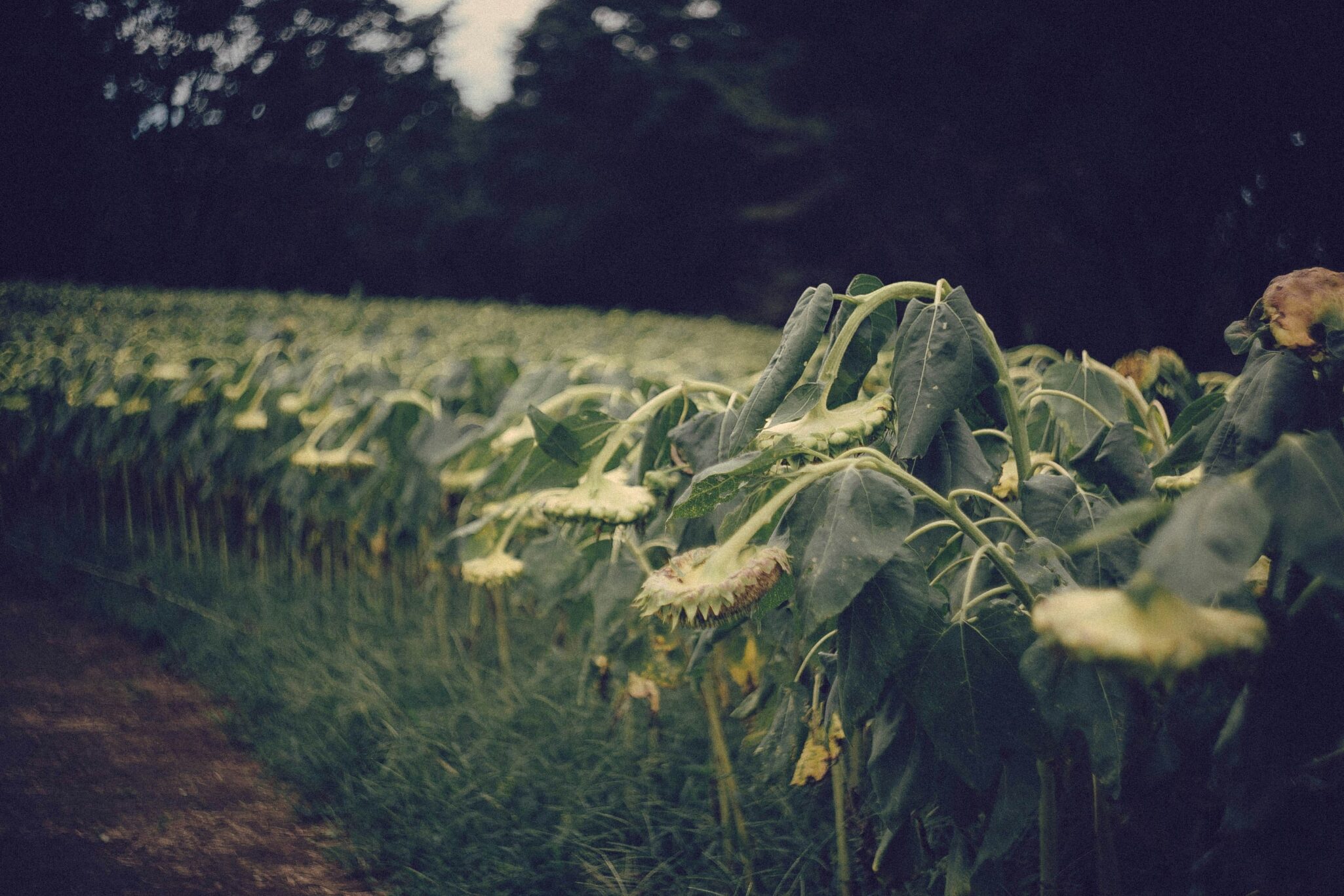Key Takeaways
- New research projects a 24% drop in global crop yields from staple foods by 2100 under high-emission scenarios with climate change
- Study accounts for real-world adaptation strategies by farmers, such as shifting planting dates and switching crop varieties
- U.S. agriculture among the most affected, while Canada, Russia, and China may benefit from warming
- Even with adaptation, climate change results in net agricultural losses at all levels of warming
- Researchers aim to inform global policy decisions with tools to identify at-risk communities
Global Crop Yields Faces Long-Term Declines Amidst Climate Change
A comprehensive new study published in Nature on June 18, 2025, warns that rising global temperatures will reduce the world’s capacity to produce food—even when accounting for farmer adaptation and economic growth. The analysis, led by researchers at Stanford University, estimates that if emissions remain high, global yields of calories from six key crops will be 24% lower by 2100 than they would be in a world without climate change.
“This is basically like everyone on the planet giving up breakfast,” said Solomon Hsiang, a senior author and professor at Stanford's Doerr School of Sustainability. “The longer we wait to reduce emissions, the more money we lose.”
New Approach Integrates Realistic Adaptation Scenarios
The study improves on earlier models by using real-world data from over 12,000 regions in 55 countries and considering how farmers adapt to changing conditions. These adaptations—such as altering planting dates, fertilizer use, and crop types—can mitigate about one-third of potential losses. But the remainder persists.
“Any level of warming, even when accounting for adaptation, results in global output losses from agriculture,” said Andrew Hultgren, lead author and assistant professor at the University of Illinois Urbana-Champaign.
U.S. Faces Significant Declines; Northern Countries Could Benefit
The projections indicate especially steep losses in current global breadbaskets, including the U.S. Midwest. “You do start to wonder if the Corn Belt is going to be the Corn Belt in the future,” Hultgren noted.
In contrast, regions in Canada, Russia, and China may see increased production potential as warming expands their growing seasons. “This is basically like sending our agricultural profits overseas,” added Hsiang.
While rice may fare better due to its preference for warm nights, yields for other staple crops—wheat, corn, soybeans, barley, and cassava—are projected to decline between 70% and 90% of the time under a high-emissions future.
Global Crop Yield Damage Persists Regardless of Future Emissions Cuts
Even if global emissions were to fall to net zero immediately, legacy carbon dioxide in the atmosphere means an 8% reduction in global crop yields by 2050 is likely inevitable. That figure rises to 11% under low emissions and 24% under high emissions by the end of the century.
The study quantifies yield losses per degree of warming, estimating a drop of 120 calories per person per day, or 4.4% of current daily intake.
Supporting Policymakers and At-Risk Communities
In collaboration with the United Nations Development Program, the researchers are building tools to help governments identify the most vulnerable communities and target adaptation support effectively.
“We’re focusing on how to make it so that this is not actually what our future looks like, even if we can’t get our act together on the emissions side,” said Hsiang.
Research Collaboration and Funding For This Study On Climate Change's Impact On Global Crop Yields
The study is part of an eight-year project by the Climate Impact Lab, co-directed by Hsiang, economist Michael Greenstone (University of Chicago), climate scientist Robert Kopp (Rutgers), and climate policy expert Trevor Houser (Rhodium Group). Funding was provided by organizations including the National Science Foundation, Sloan Foundation, Skoll Global Threats Fund, and Carnegie Corporation.
Read the entire study here.


